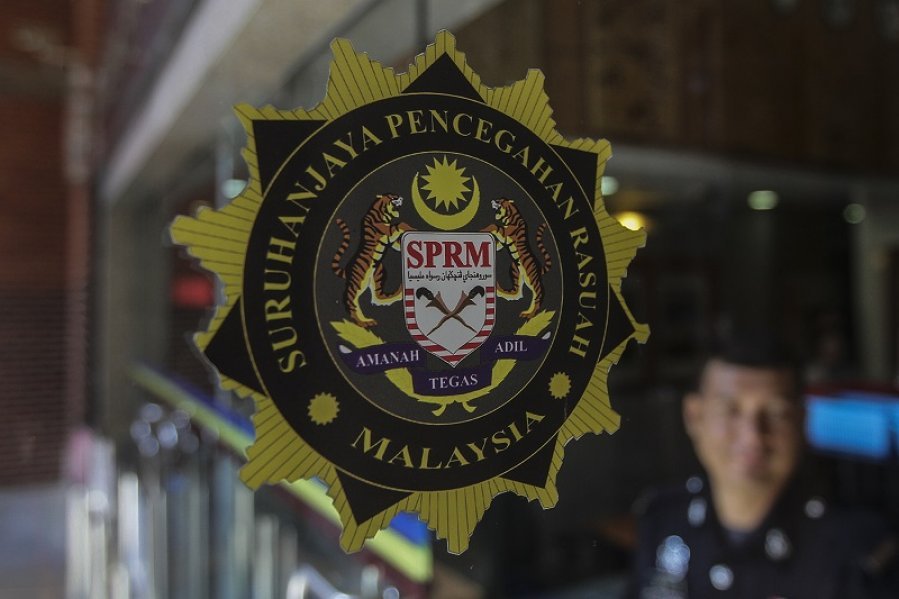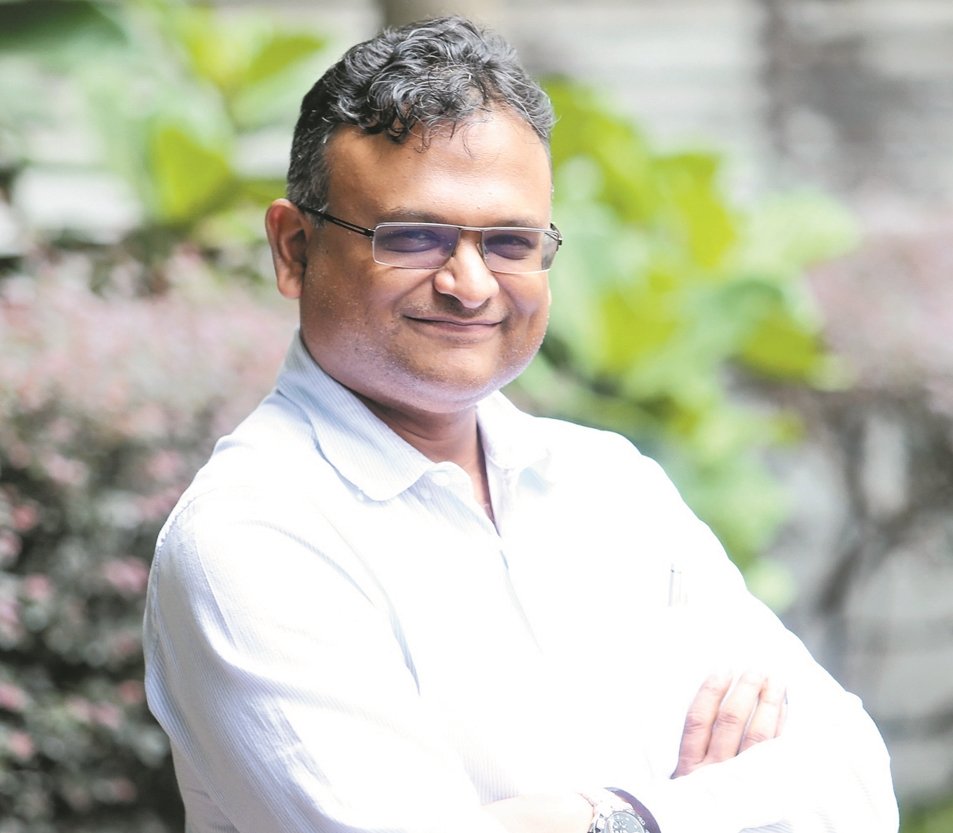首相预料在本月尾推展“2019-2023年国家反贪污计划”(NACP)。这绝不是另一个遭政治骑劫的平台,如政府转型计划(GTP),反之其将是希盟履行大选宣言中的一个关键项目。
虽然该计划的细节在发布日之前被禁公开,但上周在国家施政、廉正及反贪中心(GIACC)总监丹斯里阿布卡欣与媒体主管闭门会面中,其解释该计划的可行性,计划将涉及反贪的各个层面,包括将拟定的新反贪法令和贪污的形式。
该计划包含115项举措,其中包括政治资金、对各级招标程序干预诠释,包括皇室成员的干预、委员会成员的任命、赋于国会更多权限,使执法机构更负责任,设立监督机制和限制州和联邦领导人的任期。
我承认,我是那些对这项新努力持怀疑态度的人之一。毕竟,我们在14年前已制定了国家廉政计划(NIP),该计划于2004年启动,并制定了2009年反贪污委员会法令(MACC)── 后者甚至被吹捧为比香港廉政公署(ICAC)更好─实际上,MACC法案是在香港廉政公署协助下起草的。
过去十年发生的事情,似乎并没有反映出这些打击腐败的努力。事实上,我国在全球腐败认知调查中的评价很低。除了一马公司丑闻外,我们还面对被贴上“盗贼统治”一词,这些丑闻是导致前朝政府倒台的关键。
反贪会也一度面对著高层领导被撤换,总检察长被革职。这表明法律和措施,只有在赋于委托者执行及维护有关法律时,才能发挥角色。
因此,为何NACP会有所不同?在初始阶段,它涉及到所有层面,从最高层的利益相关者到学龄儿童,也非常强调预防措施和通过学校的课程打造一个免于腐败的社会。从新一代开始,这在逻辑上是可行的。
统治者理事会、国会、司法部门、行政部门、政治人物、公务员、军警、私人界、外国投资者、教育和宗教团体,不仅是此计划成功下面对影响的众多团体或个人之一,其中一些对此计划的成败更负有责任。
NACP不仅仅是一个消除贪污的计划,而是一项补助的措施,旨在保护民主和人民的利益,这包括修补受破坏的民主和政府体制,以确保没有一个人或机构拥有太大的权力。
私人界也应该乐意接受此计划下的新举措。例如,正当的公司和投资者并不会在意公布实质的所有权人(beneficial ownership)。
如前所述,NACP一切详情还需等到1月29日在布城国际会展中心举行推介礼时才能公布 但该计划的执行和时间表是非常详尽,明确列出各相关者的责任。
这计划的成功与否,很大程度上取决于政治意愿,而这很大程度上在于政策制定者和政治人物,尤其那一些在第14届大选时向我们作出承诺者。
与GTP不同,这计划不是政治人物个人计划。这是一项首相马哈迪的继任者都要承诺的计划,确保NACP实施的连续性。该计划明确的列出:进程时间表、负责执行的单位,而其提交的报告,将会是来届大选时的重点。
到时,人民将能衡量现任政府在消除腐败方面的诚意,到底“让马来西亚人以诚信而不是腐败闻名”只是另一个华丽辞句,或至少说明我们在努力修补作为一个容忍腐败国家的受损声誉。
An Anti-Corruption Plan that finally works? By Terence Fernandez
THE National Anti-Corruption Plan (NACP) 2019-2023 is expected be launched by the prime minister at the end of the month.
While this is not meant to be a political platform as how the Government Transformation Plan (GTP) was politically hijacked, it is geared towards ensuring Pakatan Harapan (PH) fulfills one of the key items in its General Election manifesto.
While details of the Plan are embargoed till the launch day, an editors’ closed door briefing last week at the Governance, Integrity and Anti-Corruption Centre (GIACC) saw the centre’s director general Tan Sri Abu Kassim Mohamed explaining why this Plan will work as it addresses every aspect of corruption, including anticipating new corrupt acts and opportunities for corruption.
With 115 initiatives, the Plan covers among others, political funding, interference in tender processes by all levels including members of the Royal household, appointment of members of the Bench, giving Parliament more punch, making enforcement bodies more accountable, the creation of ombudsmen and limiting the tenure of senior state and federal leaders.
I’ll admit that I was one of those who was skeptical with this new effort. After all, we already had the 14-year National Integrity Plan (NIP) which was launched in 2004 and the creation of the Malaysian Anti-Corruption Act (MACC) 2009 – the latter touted to be even better than Hong Kong’s Independent Commission Against Corruption (ICAC) – whom by the way helped us to draft the MACC Bill.
What happened in the last decade though does not seem to reflect these efforts at combating corruption. In fact, Malaysia kept getting poorly rated in global corruption perception surveys. We also popularised the term “kleptocracy” following the 1 Malaysia Development Board (1MDB) scandal which played a large part in bringing down the previous government.
The MACC was even purged of its top leadership and the attorney general was removed.
These just go to show that laws and initiatives are only as good as the people who are entrusted to implement and protect them.
So why is the NACP any different? Well, for starters it involves all stakeholders from the very top to even schoolchildren as it also puts a heavy emphasis on prevention and creating a corrupt-free society through academic syllabuses. This is only logically possible with a new generation.
The Council of Rulers, Parliament, the judiciary, the executive, politicians, civil servants, the police, the army, corporate Malaysia, foreign investors, education and religious bodies are just some of a long list of bodies and individuals who will not only be impacted by the success of the Plan but some of them will be answerable for its failure.
The NACP is not merely a plan to eradicate corruption, but supplementary efforts include mending our bruised democratic and government system to ensure that no one person is vested with too much power and more bite is given to institutions which are meant to protect democracy and the welfare of the people.
The private sector should embrace the new initiatives the Plan will introduce. Bona fide companies and investors will have no issue with a special focus on beneficial ownership, for instance.
As mentioned earlier, details are under wraps until the Jan 29 launch day at the Putrajaya International Convention Centre (PICC) – but the Plan is so comprehensive in its execution and timeline that it would be obvious who is responsible for throwing a spanner in the works and who is responsible for its failure.
This is a plan, which success is largely dependent on political will. The onus is largely on the shoulders of the policy makers and politicians who promised us the world while courting electorates during the 14th General Election campaign period.
Unlike the GTP, this plan is not about an individual. It is a plan that even holds Prime Minister Tun Dr. Mahathir Mohamad’s successor to account in ensuring continuity in the implementation of the NACP.
The plan which is clearly spelt out with set timelines and who is responsible for its implementation which is supposed to culminate in a status report in time for the next general elections.
By then the rakyat will be able gauge the sincerity of this current government in eradicating corruption and if “making Malaysian known for its integrity, not its corruption” is just another fancy tagline or something that illustrates we are at least half way there in mending our broken reputation as a nation that tolerates corruption.
要看最快最熱資訊,請來Follow我們 《東方日報》WhatsApp Channel.






.jpeg/cebe8a68101e8ddd4c1c3cb1f1a0284e.jpeg)
.jpeg/01832cd23f4a2fce0dad6bed4a9e7b8b.jpeg)







.jpg/ddd878530ab079ab7b15c2afeacc848d.jpg)


